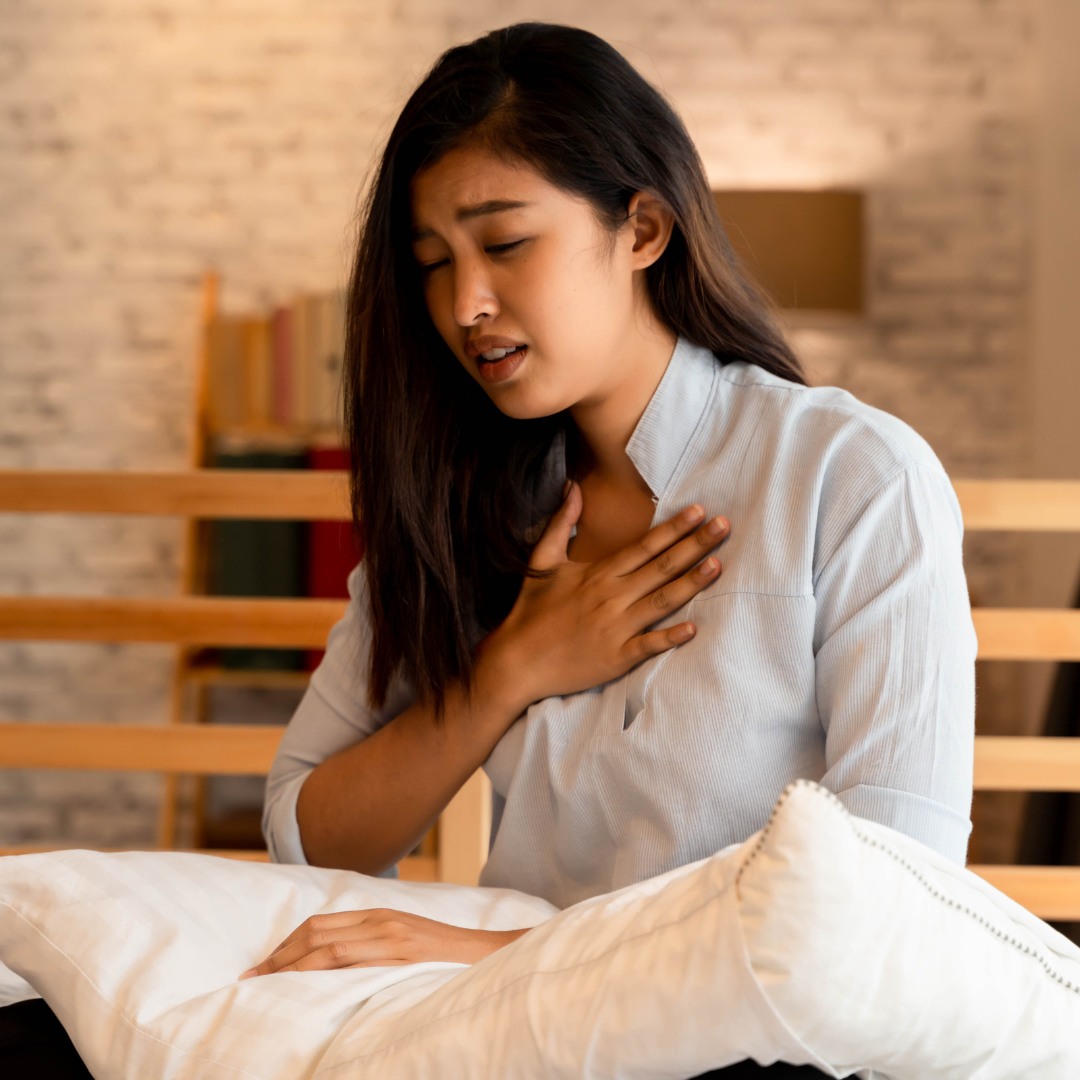No one is exempt from generalized anxiety, the feeling of constant unease that can affect a person both mentally and physically. Anxiety is a natural response to stress; it prepares us for threats by activating fight, flight or freeze responses in anticipation of external danger. Generalized anxiety, however, is different; it is an anxiety disorder, which means the anxiety does not stay within the bounds of what’s normal. The condition has symptoms similar to panic disorder, obsessive-compulsive disorder, and other types of anxiety.
Generalized anxiety affects millions of people in the UK and around the world; estimates from organizations such as Anxiety UK and Befrienders put this figure at around 14% of the population – and that’s not counting those who suffer in silence. Here are some ways you can deal with it.
1. Stay Physically Active
Exercise is one of the best ways to relieve anxiety and stress. It releases endorphins, which make you feel good by alleviating pain, boosting your immune system and promoting relaxation. Some research also suggests that exercise stimulates the production of the brain chemical BDNF (brain-derived neurotrophic factor), a substance which promotes new brain cell growth. Exercise can be in any physical activity you like, from running to ball games. Even brisk walking for at least 30 minutes a day can help alleviate generalized anxiety symptoms.
2. Deal With Social Interactions
Social interactions are an important part of every person’s life, from working with others to spending time with family. But while they can be a source of happiness and comfort, they can also be extremely stressful when you struggle with generalized anxiety.
Even small social interactions can cause anxiety when you have problems with ‘social fears’, such as being embarrassed or rejected by people you’ve known all your life.
Don’t try and do everything at once but start with simple things like ordering your food in a restaurant. Practice makes perfect, so after you get more confident with this interaction, you can then move on to bigger things.
3. Be Healthy
Generalized anxiety disorder is often brought on by a number of years of stress, usually because of other mental health problems like depression or substance abuse. Being healthy takes time, and it is not an overnight fix, but there are some sure-fire ways to achieve this.
Eat healthy, regular meals that provide your body with the correct nutrients for a balanced diet. Did you know that vitamin D is good for your bones and boosts your mood? Try to get 20 minutes of sunlight every day if you can.
Bottom Line
There are a number of ways to deal with generalized anxiety. The first step to recovery is always to consult a doctor. They will be able to tell whether you are suffering from GAD (generalized anxiety disorder) in addition to other conditions such as depression or substance abuse that can be linked with anxiety. For more information, visit Ramshai Wellbeing.







